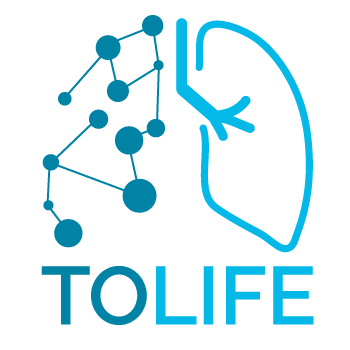The Project

The TOLIFE approach to chronic obstructive pulmonary disease management, targeted to predict and mitigate exacerbations and continuously assess the health outcomes, has the potential to reduce mortality, improve health related quality of life and reduce the healthcare costs.
Objectives
ARTIFICIAL INTELLIGENCE
To clinically validate an Artificial Intelligence based solution able to smartly process daily life patient-specific data captured by unobtrusive sensor technologies for optimised and personalised treatment, prediction of exacerbations, assessment of health outcomes and improved quality of life in chronic obstructive pulmonary disease.
NEW SOFTWARE TOOL
Analytics tools able to process patterns of daily life patient-specific data to predict exacerbations and assess the health outcomes and to inform patients and caregivers on health outcomes, proposing treatment and lifestyle indications.
COLLECTION DATA
To develop a multisource platform for the collection and integration of daily life patient-specific data for supporting on going and future research on chronic obstructive pulmonary disease monitoring and management.
Expected results
According to the survey on “Chronic Obstructive Pulmonary Disease in EUROPE” published by the TOLIFE partner EFA, it is estimated that over 80% of all COPD patients are managed by general practitioners.
The survey emphasizes that good coordination between general practitioners and pulmonary specialists is critical for effective management of COPD patients. In Europe, it is estimated that there are around 335000 general practitioners and 19.500 pulmonary specialists, treating 44 million COPD patients. Considering these numbers, it is clear how the TOLIFE AI-based approach has the potential to impact on a huge number of professionals and to improve the quality of their work, with the final goal of improving patient health and quality of life. In particular, the coordination between general practitioners and pulmonary specialists will be highly increased with the possibility to follow remotely multiple patients.
Considering the typical multidisciplinary team that has to follow a COPD patient, the number of users reached by TOLIFE grows considerably: specialists related to the multiple comorbidities, COPD nurses, respiratory therapists, lung function technicians.
Clinical studies
In TOLIFE, two clinical studies will be conducted




